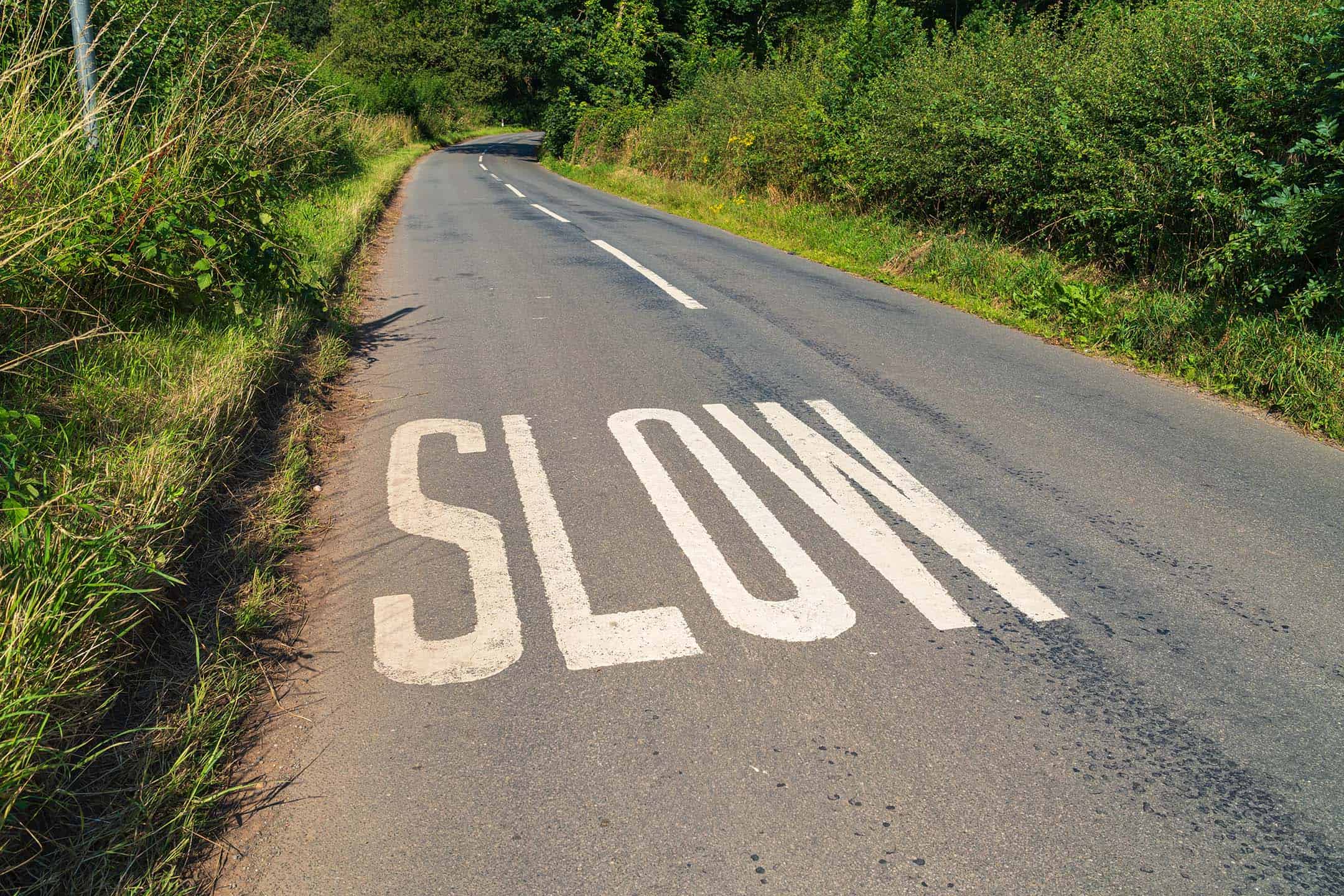Falling asleep at the wheel
Driving Tired

Roads
Vulnerable Users
Driving Law
Breakdowns
Driving Menu
On This Page
Young male drivers are the group most commonly involved in sleep-related road accidents. Driving tired may be responsible for up to 25% of all fatal and severe accidents on major roads.
Drivers still fall asleep despite the warning signs
Driving while under the influence of drink or drugs is acknowledged as being selfish and dangerous, but driving while tired can be equally as dangerous and is the cause of many fatal accidents.
More the pity is those drivers who fall asleep at the wheel, already knowing they are feeling too tired to drive but continuing to do so. They try to keep awake by opening windows, turning up the radio or just talking to themselves.
These measures are temporary, and you should only use in an emergency – they will not work for long.


Reduce the risk of falling asleep at the wheel
Follow these guidelines especially before long journeys or night driving:
- Avoid setting out on a long drive after having worked a full day.
- Ensure you rest and feeling fit and healthy. (Do not drive if you are taking medication which will harm your driving.)
- Plan your journey to take sufficient breaks – a minimum rest of at least 15 minutes after every two hours of driving is sensible.
- Avoid driving during the period when you would typically be falling asleep.
- If you feel sleepy find a safe place to stop. Note: a motorway hard shoulder is not a safe place.
- The most effective ways to counter sleepiness are to drink, for example, two cups of caffeinated coffee and to take a short nap (up to 15 minutes).
- Be extra careful when driving between 2 pm and 4 pm (especially after having eaten a meal or drunk any alcohol).